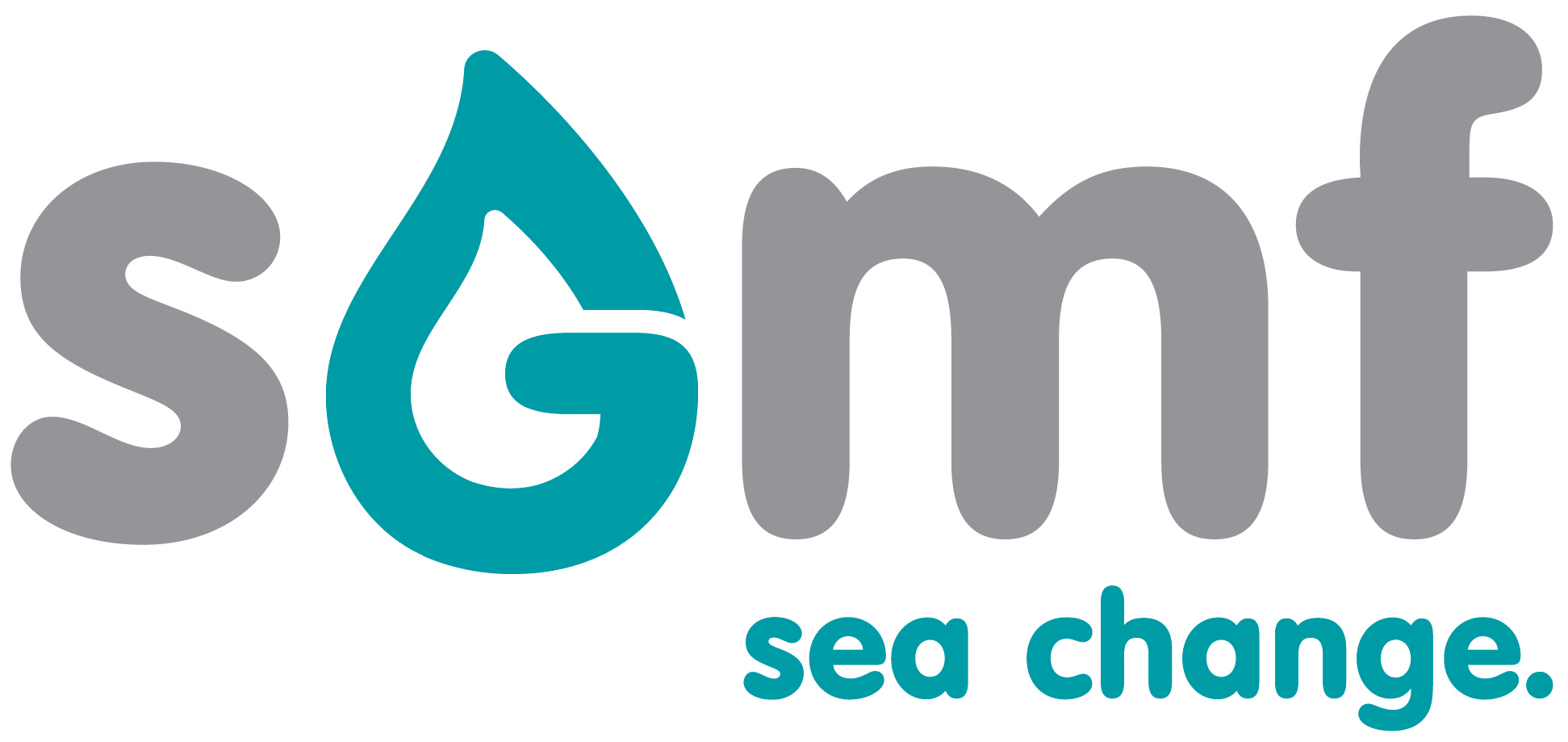We are SGMF, leading safe maritime decarbonisation.
SGMF is a non-governmental organisation committed to advancing safety and best practices in the utilisation of low and zero carbon marine fuels. As a membership-based and not-for-profit entity, SGMF endeavours to promote the safe and sustainable use of low and zero carbon marine fuels. Its primary mission involves developing, gathering, and disseminating industry-leading guidance to encourage responsible operations with low and zero carbon marine fuels in the maritime sector.
Since it was established in 2013, SGMF has been a pioneer in shaping the industry’s approach to methane/LNG. At present, its mandate encompasses a variety of new low and zero carbon marine fuels, providing guidance for the use of methanol, ammonia, and hydrogen. This expansion aligns with the evolving landscape of the marine fuel mix.
Here you will find a number of free resources to help to facilitate the transition towards a more sustainable future.
6 Free Resources Found
| sort | content |
|---|---|

Navigating Green Seas-Emissions from Marine Fuels_March2024Navigating Green Seas: Addressing Emissions from Low and Zero Carbon Marine Fuels sets out SGMF’s position on This paper provides a high-level summary of the principal greenhouse gases (GHG) and pollutants linked to the use of methane/liquefied natural gas (LNG), methanol, ammonia, and hydrogen, discussing their implications for both the environment and human health. In summary, the commitments to mitigate the effects of these fuels include a no-emission approach, addressing all GHG and pollutant emissions, adopting energy-efficient practices, identifying, and measuring emissions, enhancing vessel design, and continuous improvement in onboard practices. |
|

New - Methanol as a marine fuel an introduction Version 1.0Methanol as a marine fuel – an introduction serves as an overview of methanol (CH3OH) in the context of its potential use as a marine fuel. After discussing the wider marine fuels context, the publication covers essential
While this Guide offers a high-level overview, its primary objective is to provide key information that will aid the emerging methanol-fuelled ship industry in its development and adoption of this alternative marine fuel. |
|

New - Ammonia as a marine fuel an introduction Version 2.0Ammonia as a Marine Fuel – An Introduction serves as a comprehensive overview of ammonia (NH3) in the context of its potential use as a marine fuel. After discussing the wider marine fuels context, the publication covers
While this Guide offers a high-level overview, its primary objective is to provide key knowledge that will aid the emerging ammonia-fuelled ship industry in its development and adoption of this alternative marine fuel. |
|

SGMF Publications A4 brochure 2024.04SGMF Publications A4 brochure updated April 2024 |
|

LNG as a marine fuelLNG as a marine fuel – an introductory guide sets and safety profile, which countries have invested in it, LNG ship design and personnel involved in handling LNG should be trained and familiarised. |

